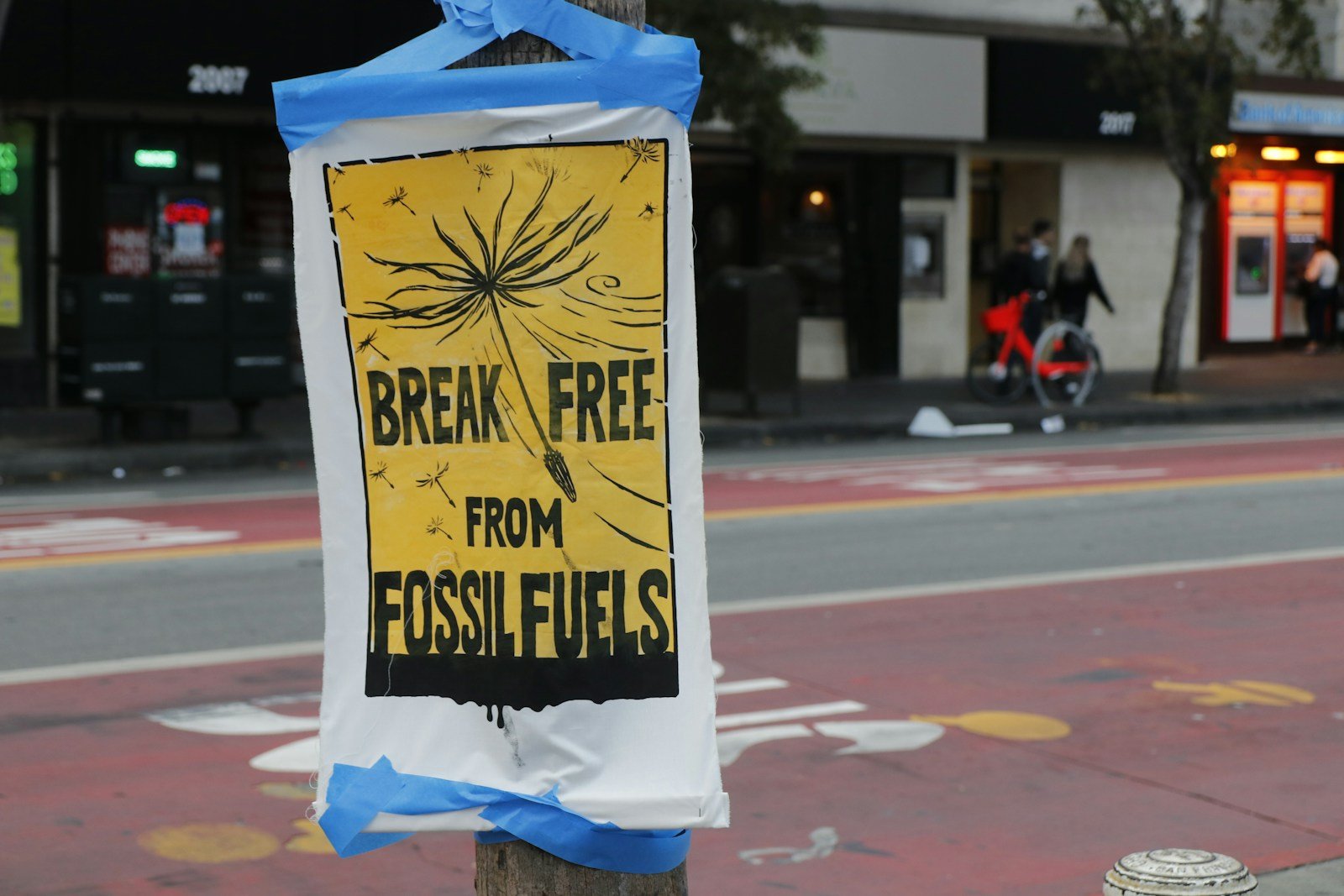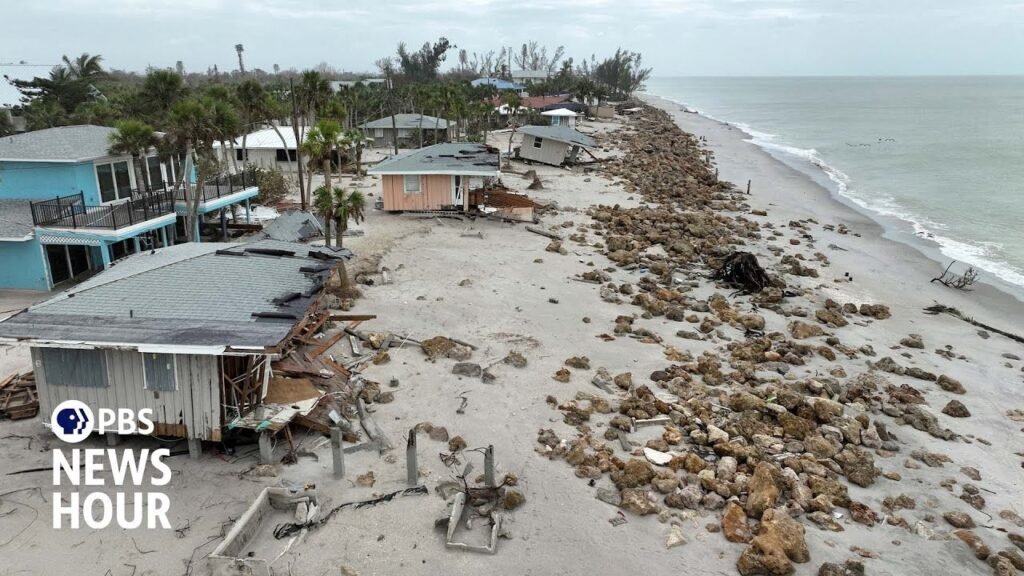Summary
New laws are urgently needed to end the use of coal, oil, and gas to combat climate change and protect our planet. The continued reliance on fossil fuels exacerbates environmental degradation and poses significant risks to public health and safety. Immediate legislative action is essential to transition to renewable energy sources and ensure a sustainable future.
Highlights -🌍
- Urgent action needed to combat climate change. 🔥
- Fossil fuels contribute to environmental degradation. 🌱
- Public health and safety are at risk. 🚑
- Transition to renewable energy is crucial. ⚡
- New laws can drive sustainable practices. 📜
Katherine Quinn is policy lead at the Cambridge Institute for Sustainability Leadership.
BP has ditched its pledge to curb oil production by 2030 – a plan that was once the most ambitious in the industry – switching instead to developing more fossil fuels in the Middle East.
The new approach means we’ll see 2 million more barrels of oil per day by the end of this decade, Reuters reported earlier this month.
You might think the energy giant would be lambasted for the decision, but BP shares jumped following the news. Insiders confirmed the move was designed to “regain investor confidence”.
Shell also weakened its 2030 carbon reduction target earlier this year, selling renewable assets by divesting its leases for developing floating wind farms off the coast of Scotland, among others.
Now it is doubling down on natural gas – another fossil fuel which it keeps trying to tell us is ‘clean’, even though burning and extracting it releases carbon dioxide, methane and particulate matter.
It’s a bit like that classic meme from the Princess Bride, when Inigo Montoya says, ‘You keep using that word. I do not think it means what you think it means.’
Read the full post at Climate Home News.





